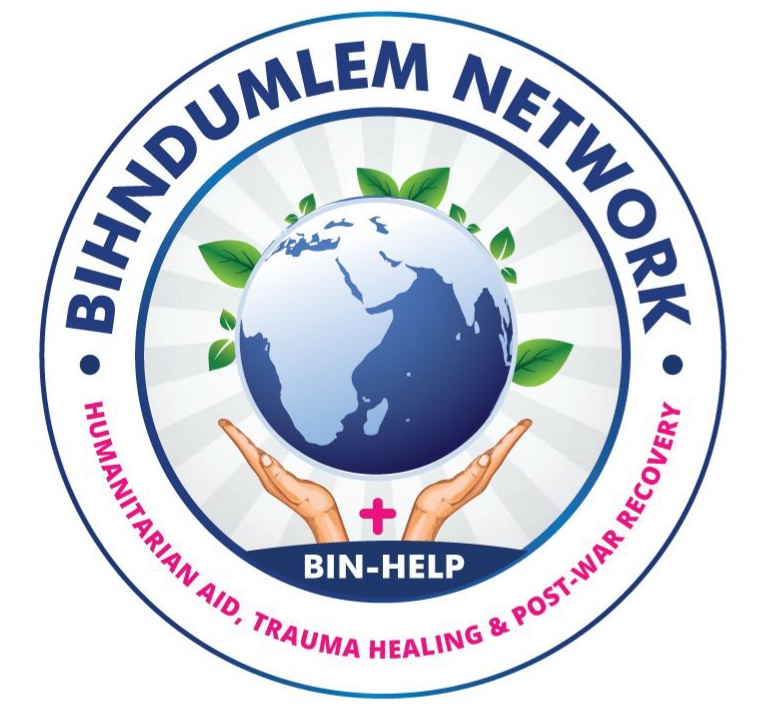Anastasia grew up as an orphan in Benahundu village in Menchum Valley Sub Division, in Menchum Division, North West Region of Cameroon. Her father died when she was just eight years old and her mother was an epileptic patient. After her father’s death, education became a far fetch thing for Anastasia and her siblings. Her eldest brother had First school leaving certificate and that was the best he could get due to financial constraints. However, she loved schooling “I loved going to school but when I reached class four, my uncle told me to drop. He said my father is dead and that is also the end of education for us. I objected and told my uncle that I will struggle on my own. I struggled till primary six, but one night I had a strange dream. In that dream I saw my uncles casting a spell of epilepsy on
me. Two days later I became sick of epilepsy “she narrated. That was just the beginning of her ordeal, the sickness opened doors for more sicknesses, such as eye and leg problems. Few years later, she was forced to get married to a poor man. Her sickness was also an open door for stigmatization from her sisters and sisters’ in-law. “For nine years now my sisters don’t know my house and even my sister in-law’s son who used to live with my husband before we got married was taken away because of my condition”, she recounted.
The Anglophone crisis displaced Anastasia and her husband from Menchum Valley to Wum Central. It is in Wum central that Anastasia learnt of the project titled; strengthening community response against GBV and the prevention of sexual exploitation and abuse in some communities in Menchum Division, by BIHAPH in partnership with UNHCR. One of its objectives to economically empower 100 survivors and Anastasia was chosen as one of the beneficiaries to be economically empowered by the project. “I believe it is God who sent you to our church that day for sensitization” she ecstatically articulated. Presently she is learning dress marking. “Thanks to this project I have hopes of becoming a good dress marker one day. Today I may be learning dress marking, and I know it’s a stepping stone for me and my family to come out of poverty. Thank you UNHCR for giving me a reason to live again", she said with tears of joy.
Anastasia


